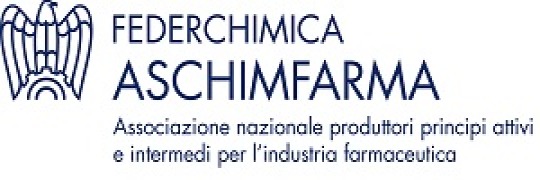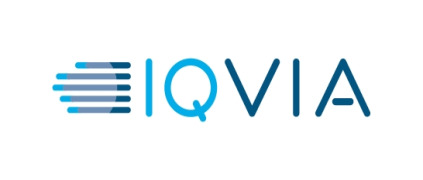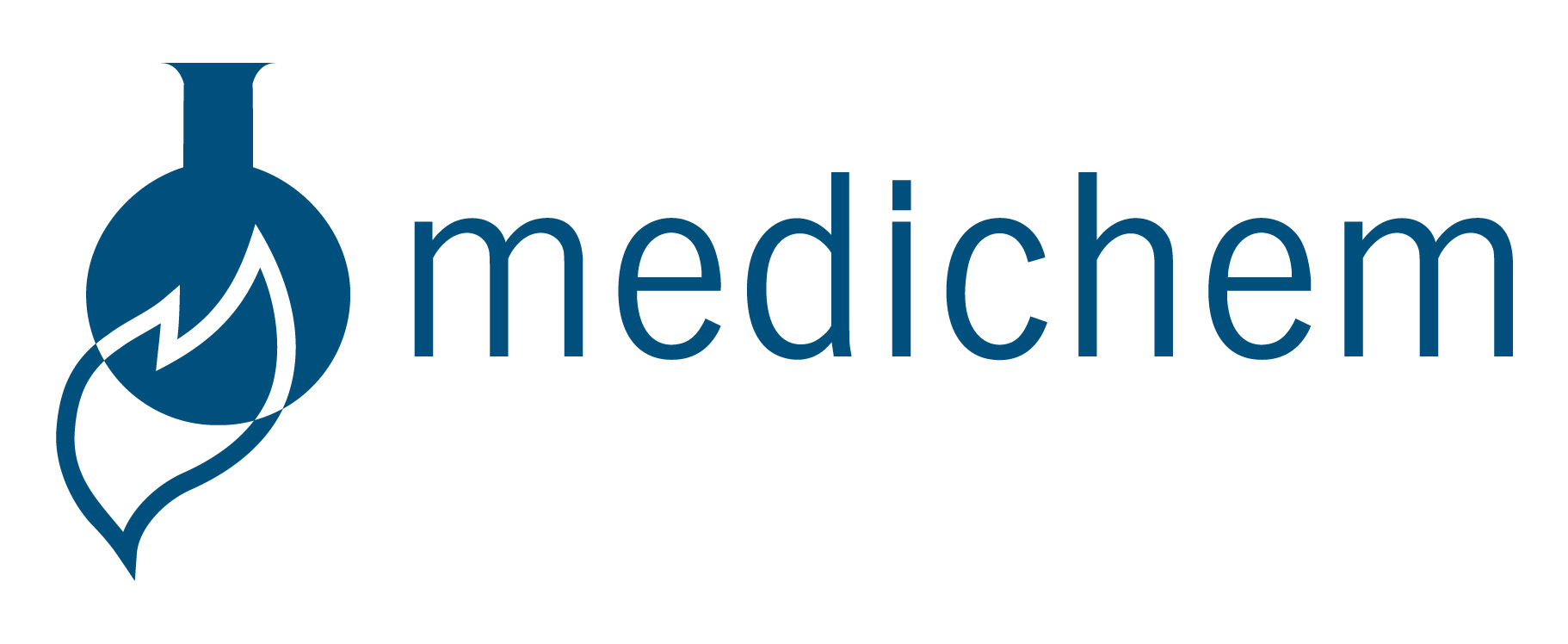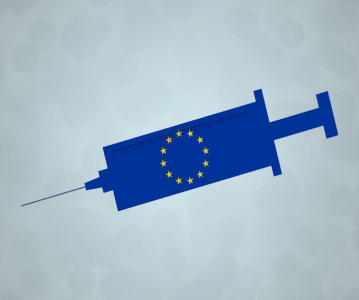API supply chain needs to address future challenges arising from China situation: CPHI Worldwide panel

COVID-19 pandemic has exposed weaknesses and sector faces new challenges driven by rising costs of production in China
The COVID-19 pandemic has exposed weaknesses in the complex supply chain for active pharmaceutical ingredients (APIs) and the sector needs to address the challenges of rising production costs in China, on which the sector is heavily reliant on supply, according to a panel of experts speaking at a live CPHI webinar on Monday.
The session ‘API Trend Outlook 2022’ chaired by Aurelio Arias, Engagement Manager, IQVIA explored how ingredients production and supply had been impacted by the COVID-19 pandemic and what future challenges the sector needs to address, particularly in the light of rising energy, labour and transportation costs and increased demand for cold chain solutions.
With China currently producing around 80% of APIs worldwide, initiatives to reshore API and intermediates production in Europe and the US to lessen reliance on Chinese supply will not come without issues, the panel said.
Maurizio Schiavazzi, Member of the Managing Committee, CPA Chemical Pharmaceutical generic Association said high reliance on China for APIs, intermediates and key starting materials supply had become particularly evident over the last two years, amid pandemic-fuelled shortages.
“The intermediate shortages are pushing Western companies to adopt reshoring initiatives,” he said. “However, there is a list of issues including planning investment, minimising the waster of hazardous chemicals, not to mention the long and bureaucratic procedure.”
Cathy O’Brien, Managing Director, Enterprise Accounts Europe & ISEMA region, UPS said that the pandemic had exposed weaknesses in pharmaceutical supply chains regarding planning, visibility and control.
“Drug production requires huge complexity…you have so many stakeholders in that supply chain from upstream to downstream, from clinical to commercial and historically a lot of the decision making is made in silos,” she added. “What we’ve seen over the last 18 months is that is driving challenges and opportunities.”
Elisabeth Stampa, Board Member, EFCG and CEO of Medichem said she did not believe that decentralising ingredients was “not the right way of proceeding” due to the complexity of supply chains across different continents and the siloed decision making.
“As long as we don’t have a common supply chain where everyone is transparent, it’s extremely difficult to manage common sense logistics which would help to build up the supply chain in the products that we need: whether it’s medical devices, APIs or finished products. I think everyone is looking at their own reality and there is no real big coordination,” she said.
Gian Mario Baccalini, Board member EFCG and representing Aschimfarma said the problem of ingredients shortages was related to new environmental requirements and limits on many small and medium-sized manufacturing facilities in China.
“The environment is no longer a pending issue – it’s a real issue,” he said. “That means Chinese producers must fit the limits that the country is imposing. This is dramatically important because there are a lot of facilities in China that are engaged in the supply chain.”
“The environmental and safety problems, as well as the cost of manpower, have changed the situation in China dramatically,” he added. “In the future, what we need to understand is that we need a homogenous system around the world. This is the famous reason why 30 years ago, European companies decided to stop their own production and went to China and India and started asking for some advanced intermediates.”
Click here to see the extensive CPHI Worldwide 2021 digital conference agenda.





Related News
-
News Patients vs Pharma – who will the Inflation Reduction Act affect the most?
The Inflation Reduction Act brought in by the Biden administration in 2022 aims to give better and more equitable access to healthcare in the USA. However, pharma companies are now concerned about the other potential costs of such legislation. -
News CPHI Podcast Series: What does the changing US Pharma market mean for industry and patients alike?
In this week's episode of the CPHI Podcast Series Lucy Chard, Digital Editor for CPHI Online is joined by James Manser to discuss the political and market changes in the US pharma field. -
News CPHI Barcelona Annual Report illuminates industry trends for 2024
The CPHI Annual Survey comes into it’s 7th year to report on the predicted trends for 2024. Over 250 pharma executives were asked 35 questions, with their answers informing the industry landscape for the next year, spanning all major pharma marke... -
News Which 10 drugs are open to price negotiation with Medicare in the USA?
The Centres for Medicare & Medicaid Services, under the Biden administration in the USA, has released a list of the 10 drugs that will be open to price negotiations as part of the new legislation under the Inflation Reduction Act (IRA). -
News EU Medical Devices Regulation causes unintended disappearances of medical devices for children, doctors state
Doctor groups and associations have appealed to the EU to correct the EU Medical Devices Regulation law that may cause unintended shortages of essential drug and medical devices for children and rare disease patients. -
News 10 Major Drug Approvals So Far in 2023
Last year, 37 novel drugs were approved by the FDA, this was a high number for such a category, and covered many fields including oncology, demonstrating how promising further research is, and how it is only continuing to build. To date, there are alre... -
News Detecting Alzheimer's disease with a simple lateral flow test
A novel rapid diagnostic test for early-stage Alzheimer's disease has been developed using a biomarker binder from Aptamer Group along with technology from Neuro-Bio, the neurodegenerative disease experts. -
News CPHI Podcast Series: outsourcing and manufacturing trends
Listen to the CPHI Podcast Series this June to hear Gil Roth of the PBOA speak with Digital Editor Lucy Chard about the biggest trends and topics to watch in pharma outsourcing and manufacturing at the minute.
Position your company at the heart of the global Pharma industry with a CPHI Online membership
-
Your products and solutions visible to thousands of visitors within the largest Pharma marketplace
-
Generate high-quality, engaged leads for your business, all year round
-
Promote your business as the industry’s thought-leader by hosting your reports, brochures and videos within your profile
-
Your company’s profile boosted at all participating CPHI events
-
An easy-to-use platform with a detailed dashboard showing your leads and performance







